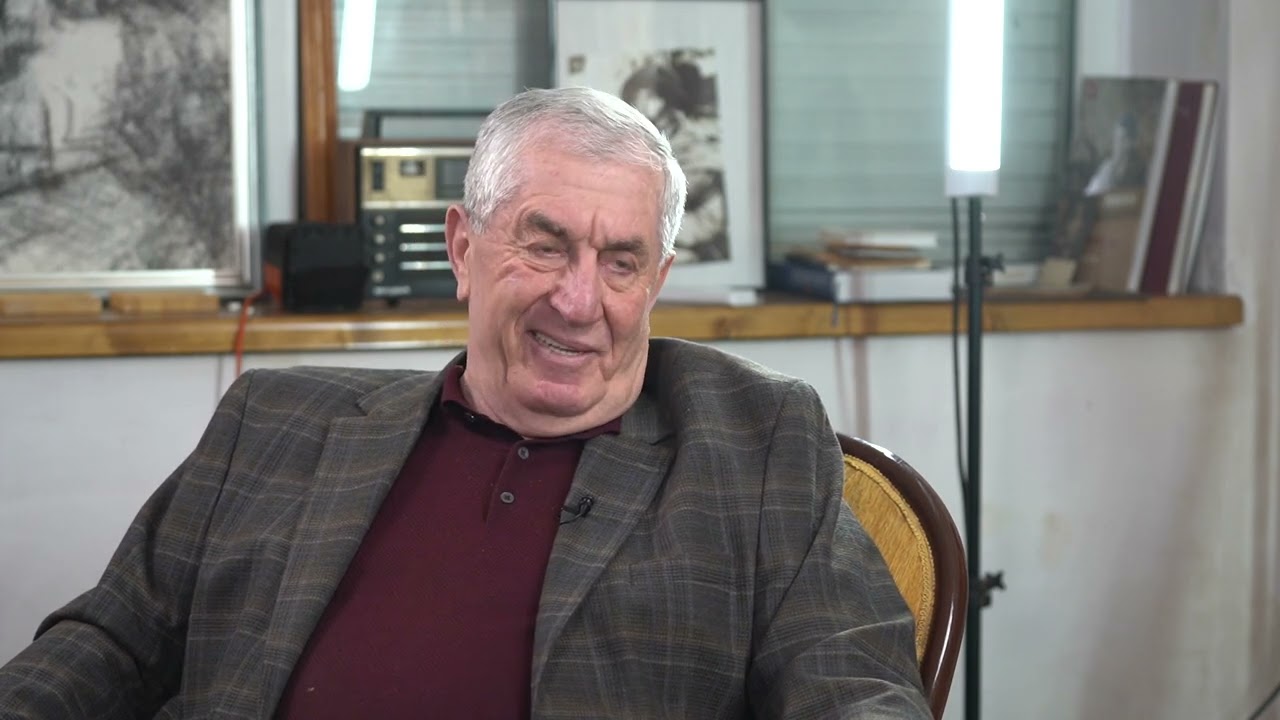Politics in Abkhazia
This article was originally published on the Ekho Kavkaza website. The text and terminology of the article have been transferred without changes. All rights belong to Ekho Kavkaza. Date of publication: February 5, 2024.
Author: Elena Zavodskaya
During the upcoming session of the Abkhazian parliament, amendments to the law on investment activity will be discussed. Additionally, two other important laws — regarding mutual recognition of court decisions and the legalization of apartments — are up for consideration. Abkhaz economist Akhra Aristava cautions against the potential negative effects of these three laws on individual citizens and the republic, as a whole.
Akhra, on Wednesday, the parliament is scheduled to convene a session to discuss the draft law on amendments to the law on investment activity. How would you describe the essence of the proposed amendments?
– I would characterize the proposed amendments to the law on investment activity in a negative light. This isn’t the first attempt. We recall that, initially, the administration of the President attempted to offer privileges to investors in strategic sectors of the economy for a 25-year period. However, this idea did not garner support from the deputies. Last year, the Ministry of Economy resurrected the same proposal, yet it was again rejected by the deputies.
And now, this marks the third attempt to provide extraordinary, unjustified benefits for a 25-year period regarding several taxes on economic activities within the strategic sectors of the Republic of Abkhazia. From my perspective, in the absence of reforms, foreign investors are being offered the opportunity to develop Abkhazia without any involvement from the citizens of the republic. Essentially, our people are being offered the role of cheap hired labor rather than owners.
Furthermore, all sectors of the economy that should yield profit are being proposed to be handed over to large foreign capital. This mirrors the same policy implemented by Anatoly Chubais under Boris Yeltsin, where the economy fell into the hands of a small group of individuals who received incredible benefits, leaving the people devoid of profits from these economic sectors. Consequently, we risk finding ourselves in a situation where there are insufficient funds to support agriculture, education, healthcare, defense, or any other essential services. This is an exceedingly perilous path, and we should not allow it to unfold.
We’ve heard that the parliament is considering the adoption of two more laws that have stirred controversy and provoked a negative response in society — one regarding the mutual recognition of court decisions as part of the legislation harmonization program between Russia and Abkhazia, and the other concerning the legalization of apartments. In your opinion, what will be the consequences of the adoption of these laws for the citizens of Abkhazia? What is their intended purpose?
Frankly, I haven’t had the chance to review the parliament’s agenda for the upcoming session. However, issues such as the adoption of laws or agreements on the mutual recognition of court decisions and legislation regarding apartments are typically aimed at attracting foreign capital and safeguarding these investments through legal means.
Nevertheless, we don’t see any accompanying mechanisms. There are no provisions for long-term loans, subsidies, tenders, or competitions that would allow the citizens of Abkhazia to participate in these economic projects. This approach paves the way for the establishment of an oligarchic regime in both the economy and politics, facilitated by the authorities. It’s unclear to me why this is being pursued, as entire sectors of the economy will fall under the control of a select few individuals, excluding the citizens of Abkhazia who lack the financial means to participate in these ventures.
Akhra, could you please elaborate on how these two laws will impact the citizens of Abkhazia and the economy of the republic?
The law on mutual recognition of court decisions will enable Russian banks to file lawsuits in Russia, not like now. There have already been attempts to sue borrowers, who are citizens of the republic, in the Arbitration Court of Abkhazia. However, there is a desire to streamline this process. It will serve as a kind of bank guarantee for loans intended for investment in the economy of the Republic of Abkhazia.
Such a provision is not necessary for the Abkhaz side, as the citizens of Abkhazia are predominantly poor. They do not typically invest money in the Russian Federation, and there are usually no law disputes in Russia initiated from them. In the current circumstances, this clearly does not align with the interests of the citizens of Abkhazia. Therefore, I reiterate my previous stance that without establishing equitable conditions for economic activity, the adoption of this agreement is untimely. We have already witnessed an initial example where the trade in oil products has effectively been monopolized and handed over to Rosneft.
Naturally, the vast majority of profits from the sale of gasoline, diesel fuel, and other petroleum products will leave Abkhazia. A similar scenario will unfold if all these laws are passed, particularly in the tourism sector, as the legalization of apartments will also impact small and medium businesses within the tourism industry. This will directly affect the interests of the citizens of Abkhazia, many of whom have invested in a significant number of mini-hotels and medium-sized hotels. The energy sector will likewise slip out of the control of our state and its people, consequently eroding any capacity to regulate economic matters or social issues.
We might also confront the risk of losing industries such as trade. If significant foreign capital enters the market, our small or medium-sized retailers will find themselves in an exceedingly precarious position. So, this is not advantageous for the people of Abkhazia or the Republic of Abkhazia.
Akhra, in the meantime, the president continues to assert to the public that Abkhazia lacks funds for various necessities: for energy, for supporting business, agriculture, and so forth, hence the republic has no alternative but to invite foreign oligarchs to undertake everything. How do you respond to this?
The argument put forth by the authorities that we lack funds is very weak. There is no recent data on the country’s financial turnover from the National Bank yet but, considering the announced 15% growth in turnover in the middle of the year, the financial turnover in the country is likely to reach 150 billion rubles (1,6 billion USD, as of February 2024).
Additionally, we have a shadow money turnover, as indicated by employees of the CSS (Center for Strategic Studies). Economist Khatuna Shatip has provided calculations estimating this at over 65 percent. This implies that we cannot only discuss 150 billion rubles, the actual amount is likely much higher.
This suggests that there is money in the country, and reforms are necessary to bring a significant portion of this shadow economy into the official economy. Doing so would protect honest businesses and substantially increase revenue to the state budget by up to 5-6 billion rubles. Consequently, the state would have the resources to modernize the energy sector, provide loans to small and medium-sized businesses, and support farmers and agriculture.
We possess the initial resources necessary to initiate economic reforms. Primarily, the authorities must prioritize the national and legitimate interests of the citizens of the Republic of Abkhazia. I am not advocating for closing off our economy. It is currently open, with foreign companies operating in various sectors.
My stance is in favor of providing our citizens with the economic means to participate in the economic process on an equal footing with foreign nationals. Just as foreign companies have access to borrowing from foreign banks, we need to create opportunities for our citizens to borrow from our banks, with options for loans spanning 5 or 10 years, and access to leasing and insurance operations.
Currently, these tools are unavailable, and their introduction is essential to comprehensive economic reform. All these reforms should be executed on equitable terms, fostering an environment of fair competition.


